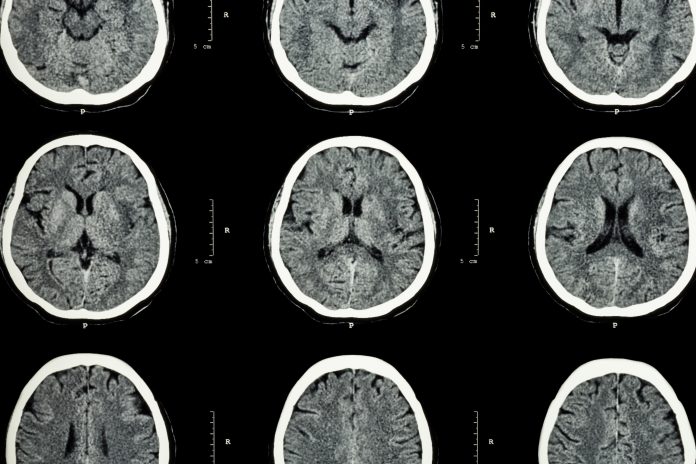Researchers believe that they have found a PTSD marker in the brain region associated with emotional regulation – strongest in people with “impaired executive dysfunction”
When it comes to Post-Traumatic Stress Disorder (PTSD), not enough is known about specific neurological impacts that come with different forms of PTSD. This means that treatments for the condition are generalised, which leaves healthcare professionals and PTSD-sufferers in relative obscurity – until treatment begins in full.
The situation is similar for depression, which is treated via self-reported symptoms – that lack the kind of medical objectivity that can be applied to something like cancer. In a different study, researchers actually created a blood test that might pickup biomarkers in the blood and determine the exact nature of depression, objectively.
The team at Boston University School of Medicine examined 371 Veterans at the Translational Research Center, to look for any kind of unique signals in their PTSD. They found that there was a marker in the brain region that is often connected to emotional regulation, which could create early evidence for a unique form of PTSD.
Corresponding author Audreyana Jagger-Rickels, PhD, a post-doctoral scientist in the Boston Attention and Learning Lab (BALLAB) at the VA Boston Healthcare System, said: “This marker was strongest in those with clinically impaired executive function or the ability to engage in complex goal-directed behavior.”
Firstly, what is executive dysfunction?
According to Headway, executive dysfunction occurs in people with frontal lobe injuries. It can look like anti-social behaviour or misunderstood as depression, lack of motivation, selfishness, or aggression. This can bleed into relationships with others, impacting their emotional intimacy.
Executive dysfunction can create symptoms like:
- Difficulties with initiating, organising and carrying out activities
- Rigidity in thoughts and actions
- Poor problem solving
- Impulsivity
- Mood disturbances
- Difficulties in social situations
- Difficulties with memory and attention
Secondly, how is this a unique form of PTSD?
The team took MRI scans of the participants. This revealed that the Veterans with a more severe PTSD showed even more disruption between their cognitive control network (frontal parietal control network) and their emotional processing network (limbic network).
After they looked at this connection, the team found that those with clinically impaired executive function had the greatest disruption to this brain marker of PTSD.
Senior author Michael Esterman, PhD, principal investigator, National Center for PTSD at VA Boston Healthcare System and associate professor of psychiatry at Boston University School of Medicine, said: “This study provides preliminary evidence for a “neurocognitive” subtype of PTSD, specifically that a combination of cognitive and brain signatures may identify a subset of people with PTSD that could be unique.”
Finally, what could this mean for future treatment?
So, if someone has PTSD and executive dysfunction, they could also carry the brain marker of interrupted emotional regulation. This could change how they respond to traditional treatment.
Jagger-Rickels further commented: “These individuals may respond best to specific treatment strategies but may also have difficulty engaging in treatments that require high levels of emotional regulation and executive functioning.”











